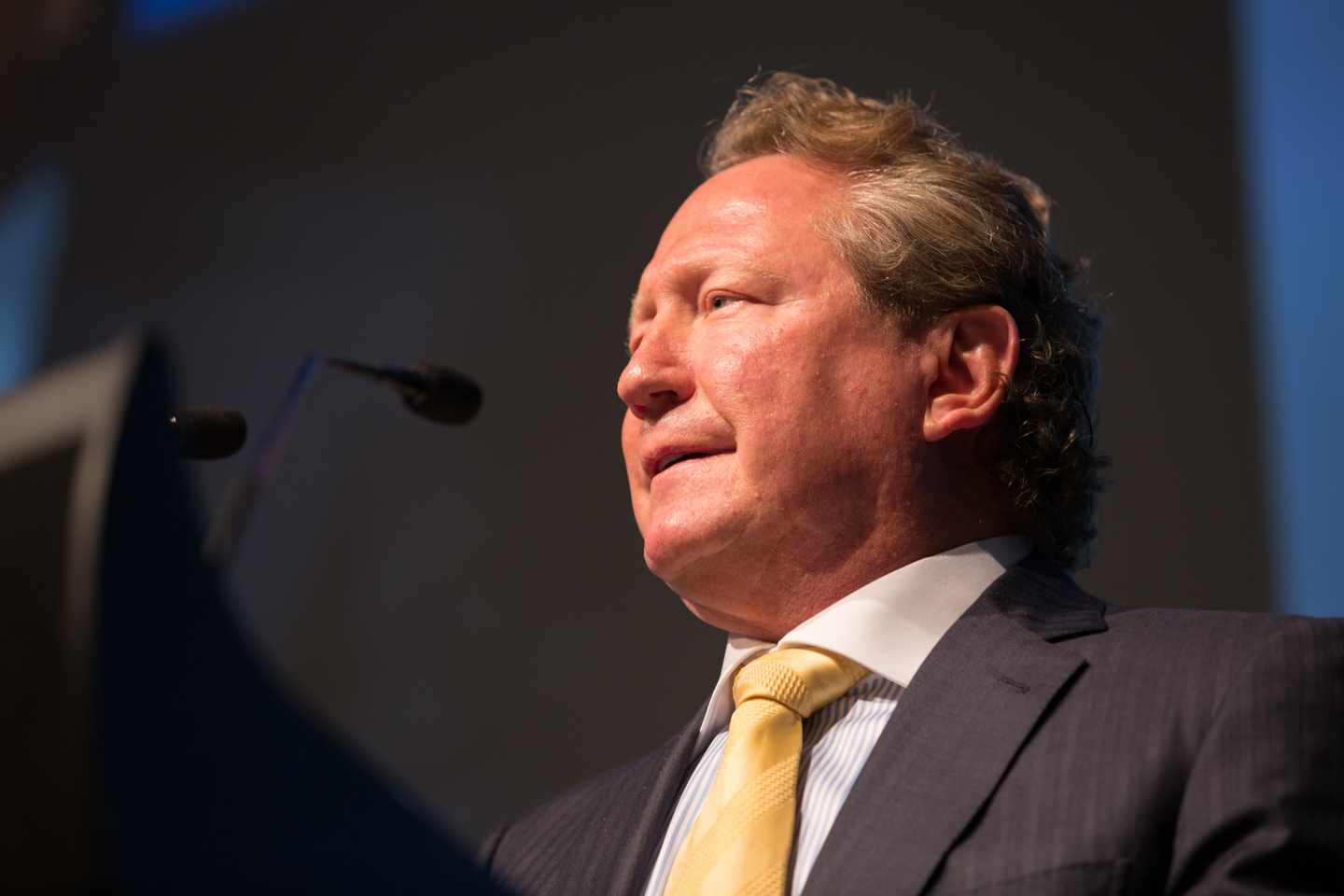
Australia has made limited progress to restore its fish stocks despite having the governance capacity to do so, according to new research from the Minderoo Foundation.
Those findings, published as part of the foundation’s global fishing index report, indicate Australia’s science-based management processes did not extend across the country’s fisheries, with many found to be overfished or from unassessed stocks.
That contributed to Australia receiving a ‘D’ grade, placing it behind the US and the UK, which received respective ‘C’ and ‘D’ grades.
More than 80 per cent of countries assessed received either a ‘D’ or an ‘E’ grade, with no country scoring higher than a ‘C’.
About half of the world’s 1,400 fisheries were assessed for the report, with a tenth purported to have been reduced to 10 per cent of their original size.
“Our global fishing index is a wake-up call to governments and businesses around the world,” Andrew Forrest, chair of Minderoo Foundation, said.
“It is a message to say that we know what is happening, we know what you are doing, and we are here to help fix the problem.
“My message to all 142 of the countries, both developed and developing, is clear.
“It is time to take accountability for the health of your fisheries, the size of your fishing fleets and the level of access provided to foreign fleets to fish your waters.
“Every single country in this index needs stronger fisheries management, better laws and policies, better enforcement, better data collection, more science-based decisions.”
Tony Worby, who leads the foundation’s Flourishing Oceans initiative, said the index provides a roadmap of recommendations and solutions to address highlighted problems over the coming decade.
“While the issues and strategies will be very different for each country, all countries need to set ambitious targets to recover overfished stocks and report on their progress,” he said.
“We are now calling on governments and businesses to declare their intent and demonstrate action to reverse fisheries decline.”








